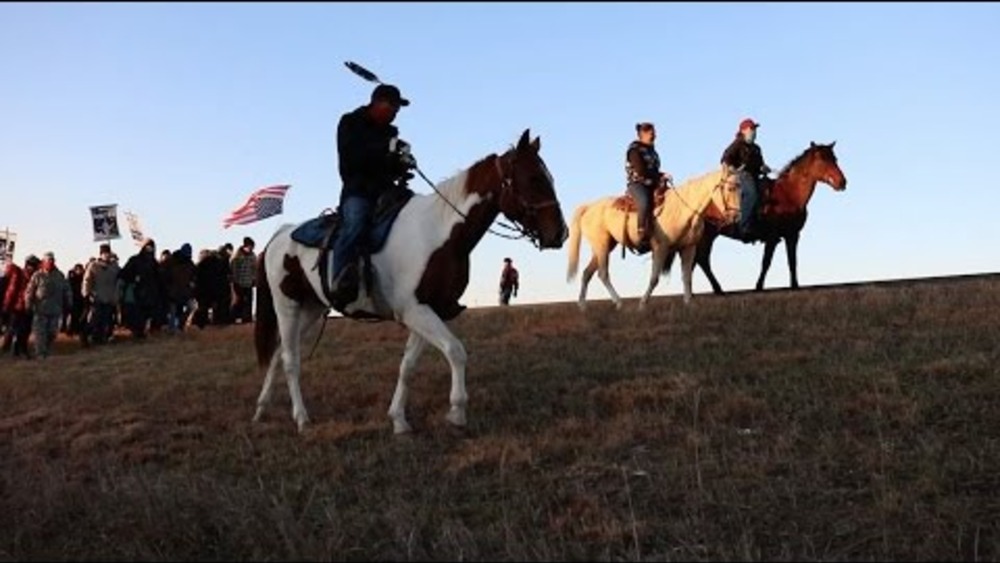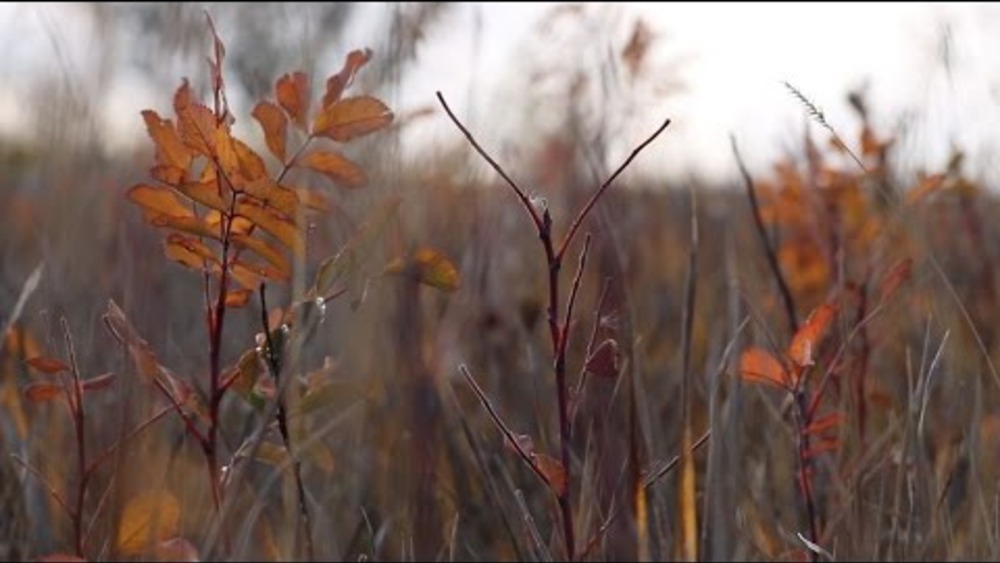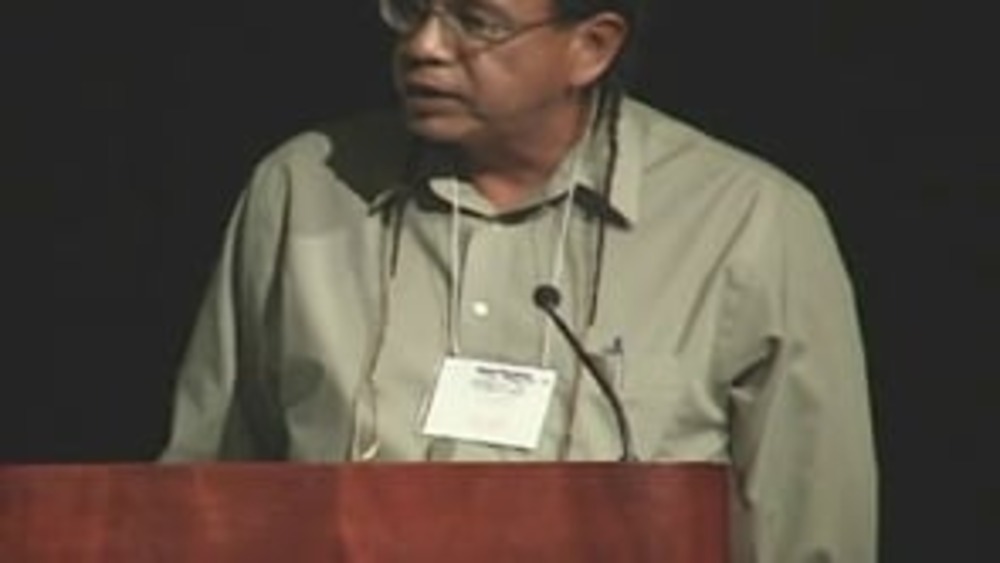The Native Nations Institute produced a three-part educational video series called, “Water is Life." The video series brings a Native nation building perspective to the conflict over the Dakota Access Pipeline and features interviews with LaDonna Brave Bull Allard, former tribal historic preservation officer for the Standing Rock Sioux Tribe; Eileen Briggs, a community leader from the Cheyenne River Sioux Tribe; and Dave Archambault II, former chairman of the Standing Rock Sioux Tribe.
Produced in 2016 when the Dakota Access Pipeline was under construction, the underground oil pipeline extending from North Dakota to Illinois was being built to transport millions of gallons of crude oil. The Standing Rock Sioux Tribe had acted to prevent pipeline construction within their treaty lands, on their reservation, through sacred sites, and under the rivers that are their sole source of drinking water.
Part 2: Oceti Sakowin. This video emphasizes that Native nations governed themselves before European settlement in North America. These governing systems—rooted in the people and in their lands—remain as tools for making difficult collective decisions today.
Additional Information
Native Nations Institute. "Water is Life video series Part 2 Oceti Sakowin." NNI Studio production, University of Arizona. Tucson, AZ. Nov 16, 2016



